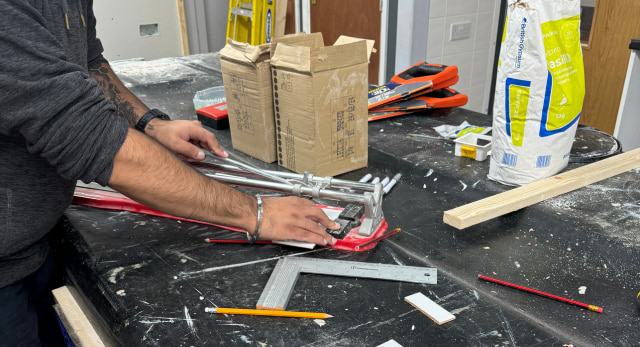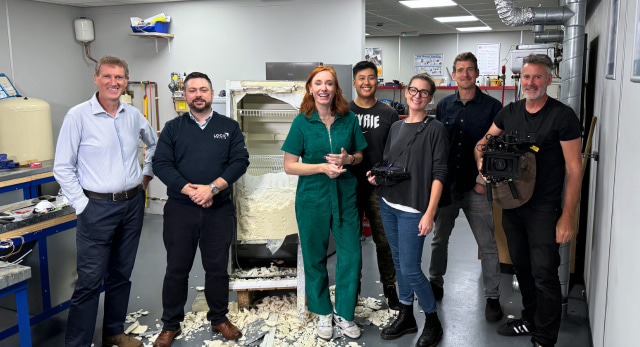On October 1st last year, tighter legislation was brought in to address growing concerns about sub-standard training for new gas engineers.
Over the last few years, so-called ‘fast-track’ courses had been made available by some training providers and the experience and instruction they offered has been judged to fall short of proper safety standards.
As a result, engineers demonstrating a lack of both knowledge and practical experience.
Training to be a gas engineer is a serious business and can’t be rushed.
What’s everyone worried about?
Gas Safe Register’s recent survey, which took place before the new standards were introduced, asked experienced installers as well as larger employers, energy suppliers, housing associations and manufacturers to comment on the state of the industry.
Their report revealed concerns about training standards and a perceived lack of consistency in the colleges and training centres offering gas assessments – some of whom were believed to be more stringent than others.
We have seen for ourselves candidates coming to Logic4training to top-up so-called fast-track courses as they have felt the training they’ve received elsewhere has been inadequate.
Such concerns and subsequent revisions to the legislation brought about new standards in Managed Learning Programmes (MLPs), designed to make training more robust.
There’s now more emphasis on practical learning so that new entrants are given greater opportunity to learn ‘on the job’ – something that’s particularly important for those with no previous experience.
What we offer
The 40 day new entrants course for domestic gas heating engineers we deliver may be longer and in some cases more expensive than others, but we’re believe it offers a better standard of training; fully-mentored practical learning, more robust assessment and therefore better value for money.
The Domestic Gas Installer New Entrants Course starts with the basic principles of gas heating and plumbing and pipework skills.
It then leads on to further areas such as heating design, gas safety and hot water systems.
On completion of these modules, candidates will be able to undertake Gas ACS training and assessment – a pre-requisite of becoming a Gas Safe Registered engineer and legally able to trade.
There is also an option for candidates with some previous experience in gas or a related trade.
Our course meets all the new Managed Learning Programme (MLP) requirements and includes the on-site portfolio element under the supervision of a registered gas engineer.
As is so often the case, you get what you pay for. If you want to trade safely as a competent gas installer there are no short cuts.
Training needs to be thorough in order to safeguard the reputation of our industry and keep end users free from harm.
For more details on our Domestic Gas Heating Installer course, click here.









